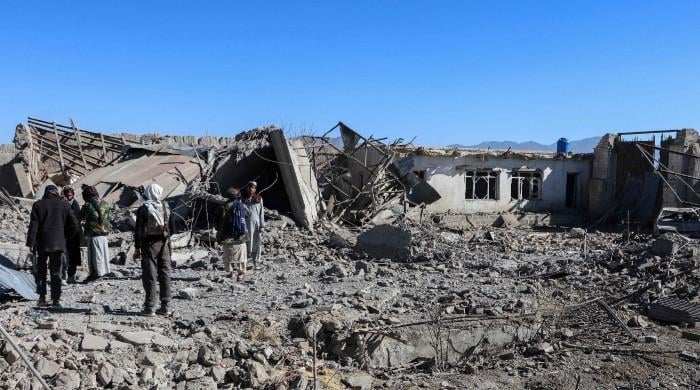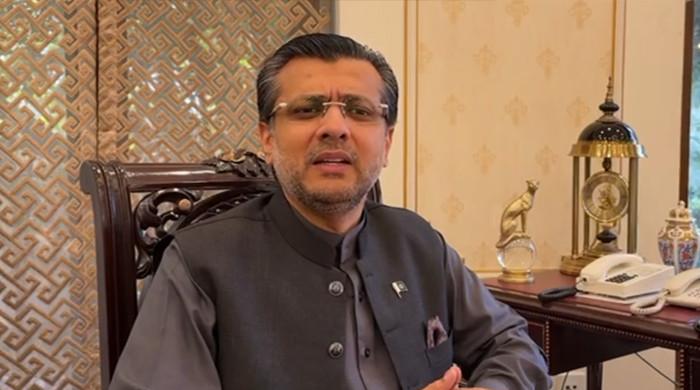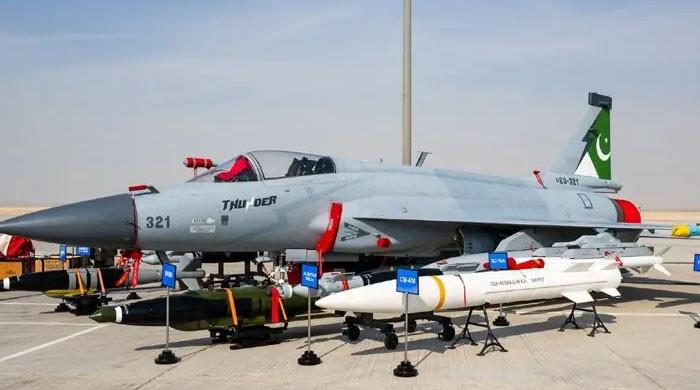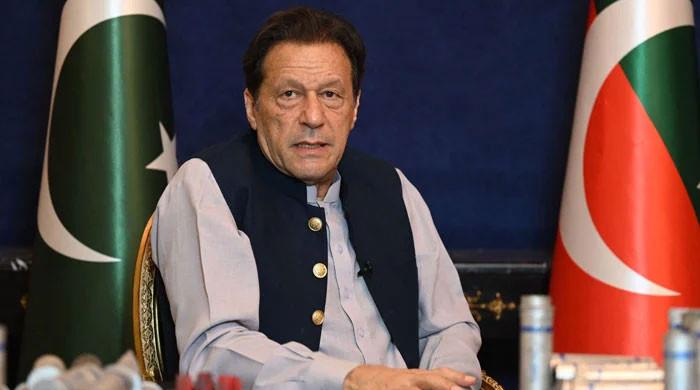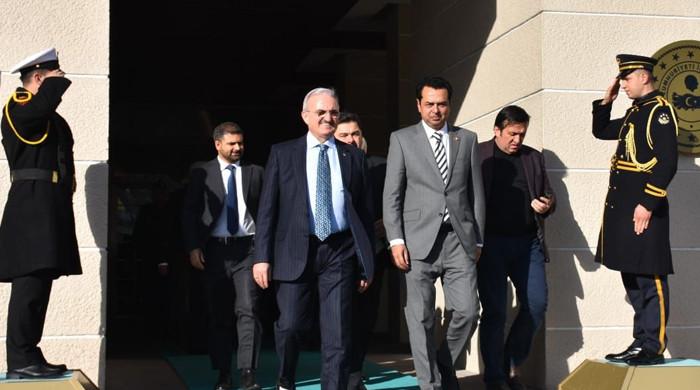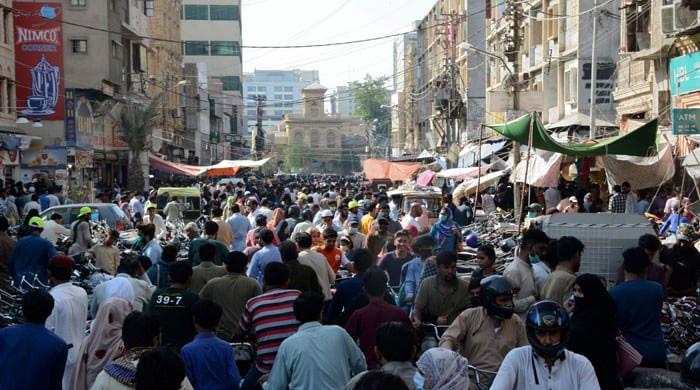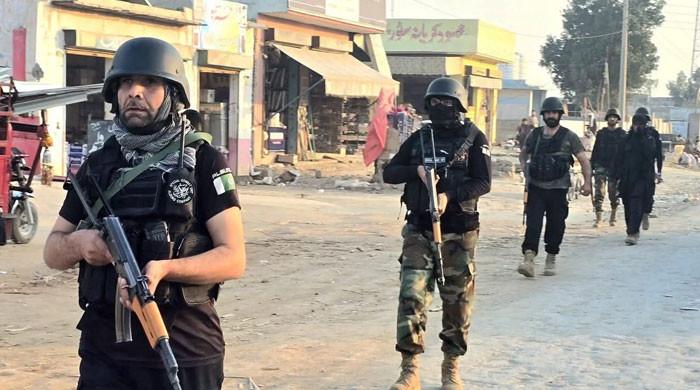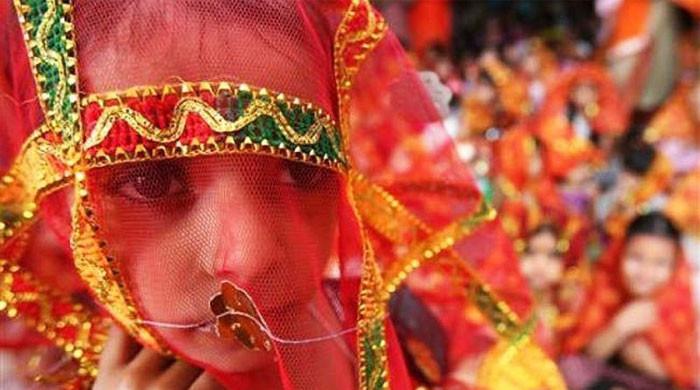Make Sabika’s case 'an example to change gun laws': father
'I want this to become a base on which the people over there can stand and pass a law to deal with this. I’ll do whatever I can,' Abdul Aziz, Sabika's father, said
May 22, 2018
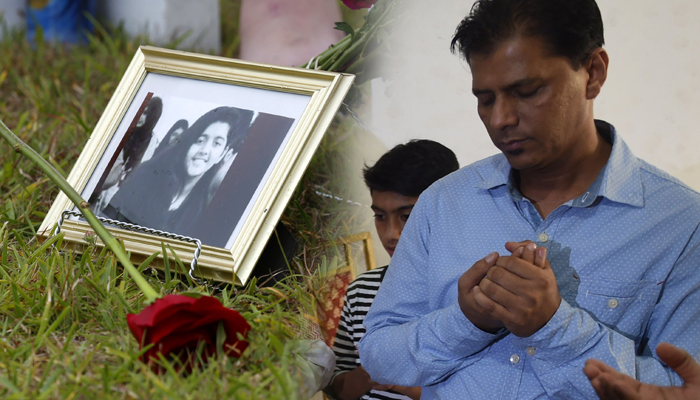
The father of a Pakistani girl killed in a Texas school shooting said Monday he hoped that the death of his daughter, who wanted to serve her country as a civil servant or diplomat, would help spur gun control in the United States.
Santa Fe High School, southeast of Houston, on Friday joined a grim list of US schools and campuses where students and staff have been gunned down, stoking, once more, a divisive US debate about gun laws.
Among the eight students and two teachers killed in Texas was Sabika Sheikh, a 17-year-old Pakistani exchange student.
“Sabika’s case should become an example to change the gun laws,” her father, Aziz Sheikh told Reuters, speaking by telephone from the family home in the city of Karachi.
Most Pakistani youngsters dream of studying abroad, with the US the favourite destination for many.
Aziz Sheikh said the danger of a school shooting had not crossed his mind when he sent Sabika to study in the US for a year.
Now he wants her death to help spur change.
“It has become so common,” he said of school shootings.
“I want this to become a base on which the people over there can stand and pass a law to deal with this. I’ll do whatever I can,” he said.
Students said Dimitrios Pagourtzis, the white teenage boy charged with fatally shooting 10 people, opened fire in an art class shortly before 8 AM on Friday.
Sabika was part of the Kennedy-Lugar Youth Exchange and Study (YES) programme funded by the US State Department, which provides scholarships for students from countries with significant Muslim populations to spend an academic year in the US.
Sabika loved her time in Texas, Sheikh said.
“She appreciated it so much. She was so excited to be there and to study and meet the people, especially the teachers,” he said.
Her family spoke to her every day and she had been due to return to Pakistan on June 9, at the end of the school year, to celebrate Eid-ul-Fitr — the end of the holy month of Ramazan.
US secretary of state Mike Pompeo offered his condolences in a statement on Saturday, saying Sabika was “helping to build ties between the United States and her native Pakistan”.
Her father said Sabika had wanted to work in government in some capacity, to help her country.
“She would say she wanted to join the foreign office or the civil service,” her father said.
“The reason was that she said was there is a lot of talent in Pakistan but the image and perception of the country was really bad, and she wanted to clear that up.”
David Hale, the US ambassador to Pakistan, visited the family in Karachi to offer condolences, the US embassy said in a statement.




